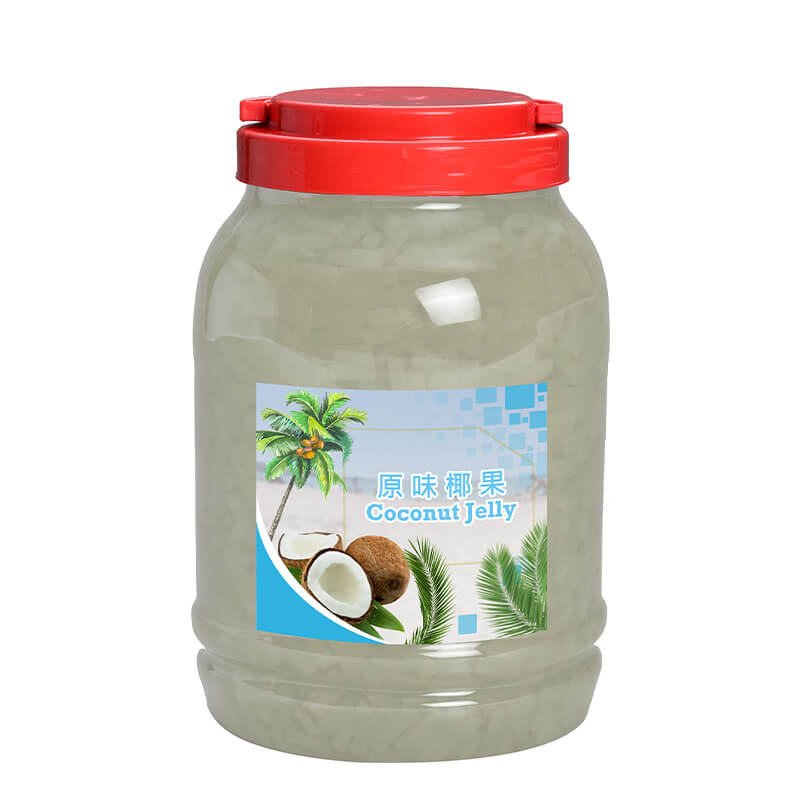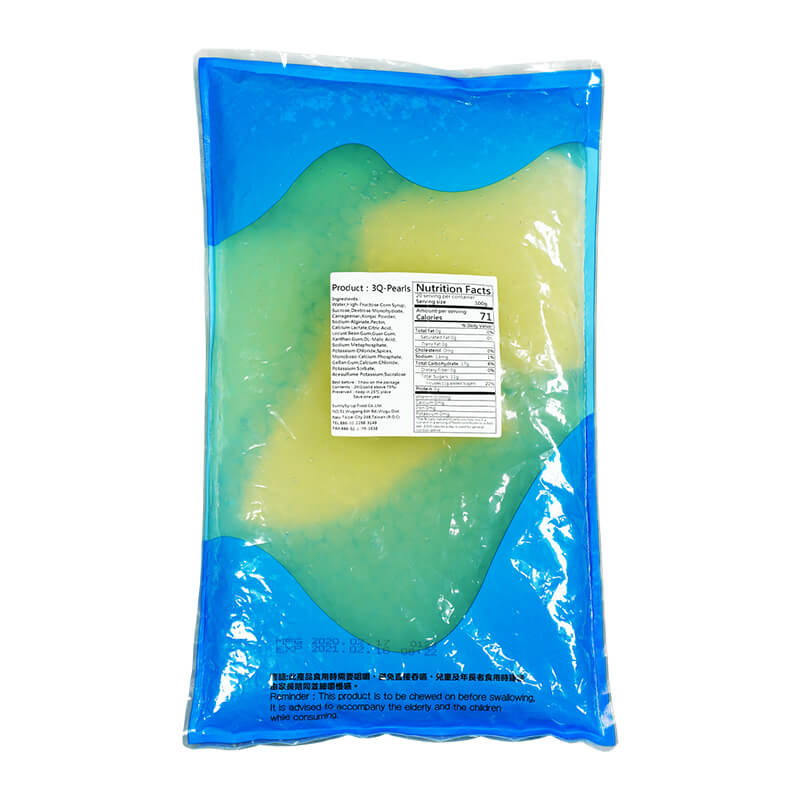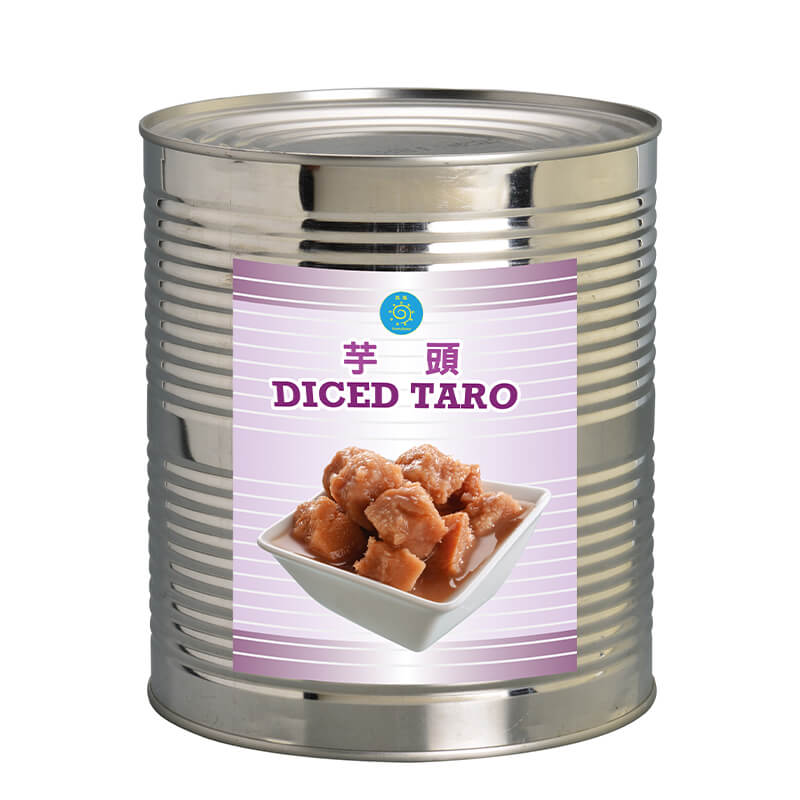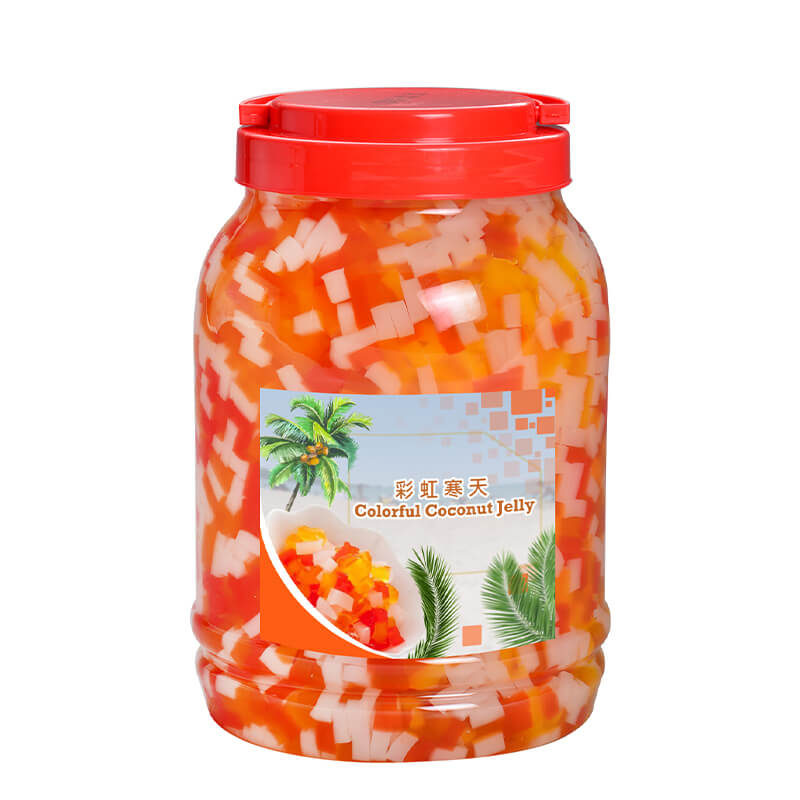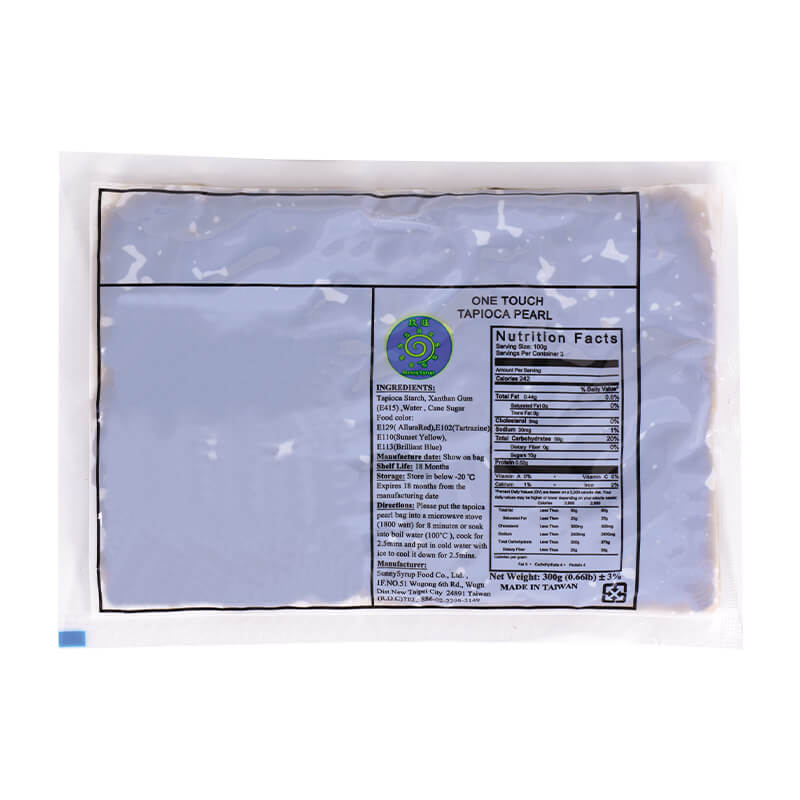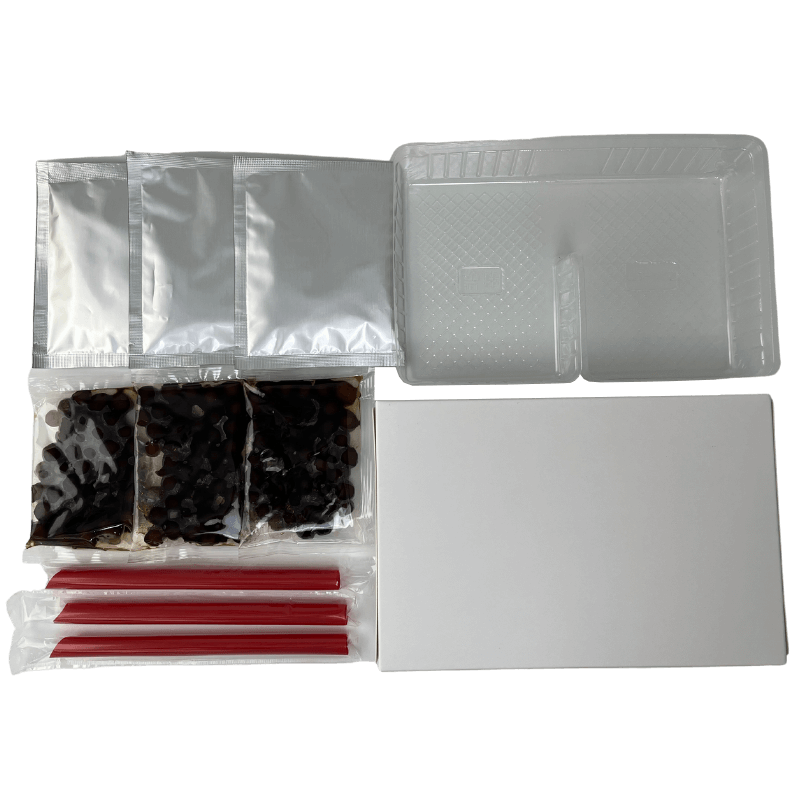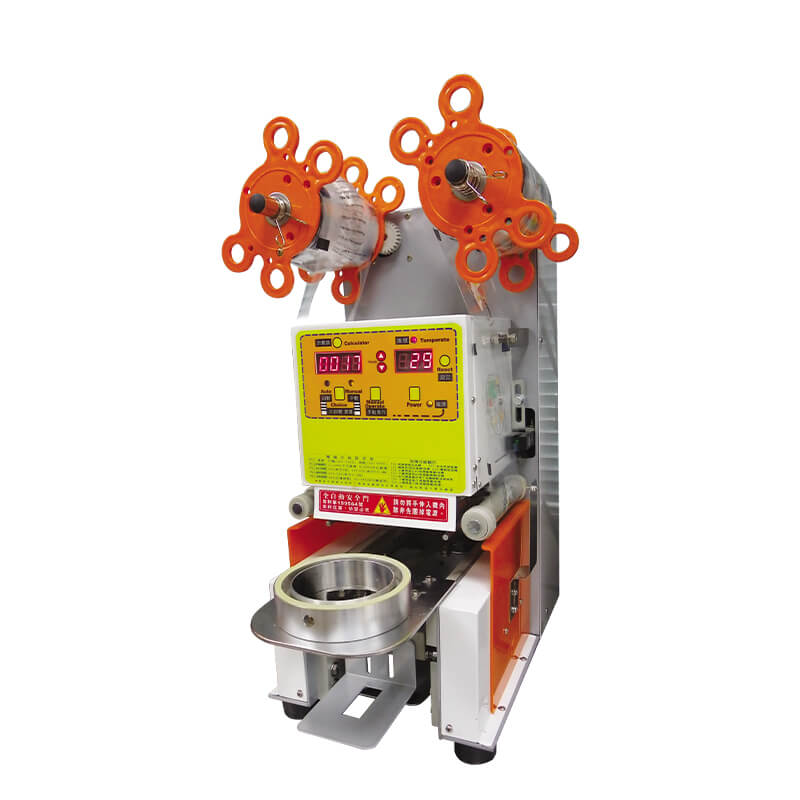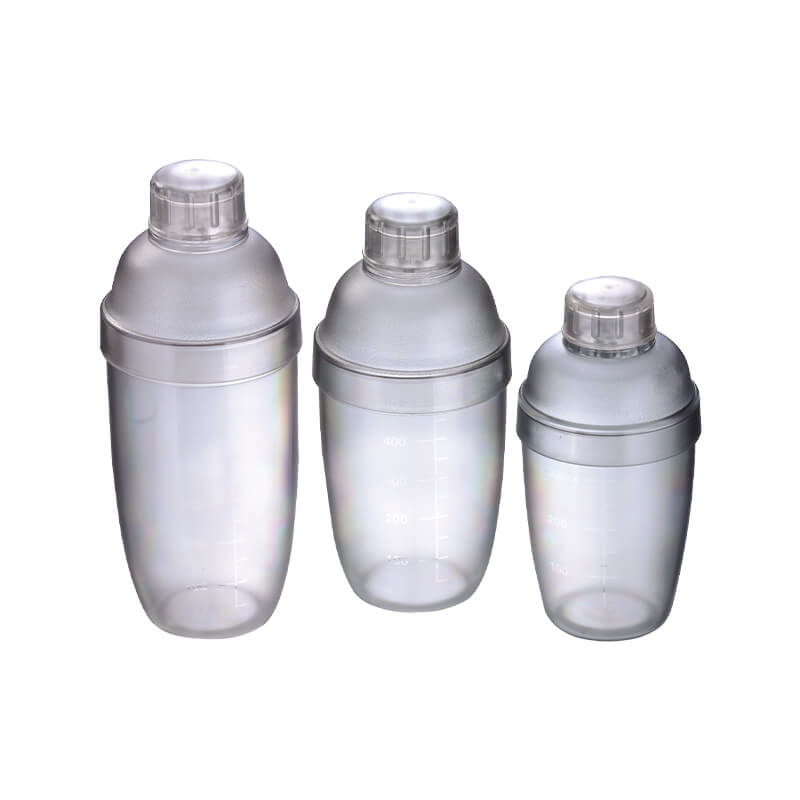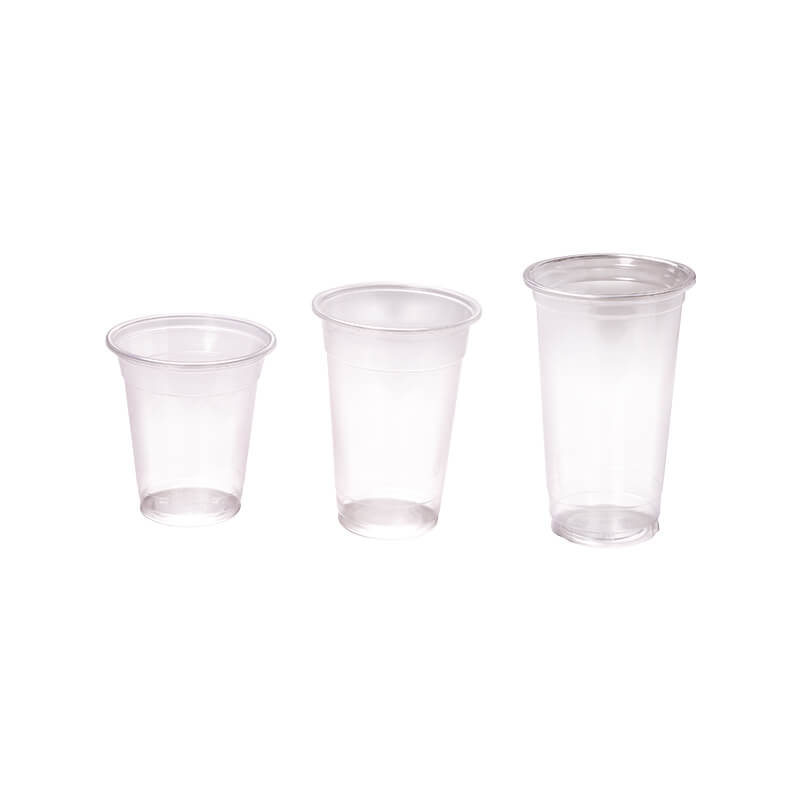What Is Concentrated Juice? A Comprehensive Guide for the Modern Beverage Industry

In today’s fast-paced beverage market—from bubble tea to innovative fruit drinks—concentrated juice has emerged as a versatile and cost-effective ingredient. But what exactly is concentrated juice, and why is it such a popular choice for beverage manufacturers? In this article, we’ll explore the ins and outs of concentrated juice, including its production methods, nutritional aspects, benefits, and its pivotal role in creating consistent, high-quality drinks.
Understanding Concentrated Juice
At its core, concentrated juice is created by removing a significant portion of the water from freshly squeezed fruit juice. This process results in a thicker, more potent liquid that retains much of the original flavor, natural sugars, vitamins, and minerals found in the fruit. Whether used as a base for bubble tea or as an ingredient in other beverages, concentrated juice offers manufacturers a stable, long-lasting solution that can be easily stored, transported, and reconstituted with water when needed.
How is Concentrated Juice Made?
There are two primary methods used in the production of concentrated juice, each with its own advantages:
-
Low-Temperature Vacuum Concentration
- Process Overview: Fresh fruit is juiced and then processed in a low-temperature environment using vacuum technology. This method removes water without exposing the juice to high heat.
- Benefits:
- Nutrient Preservation: The low-temperature process helps maintain the fruit’s natural vitamins, antioxidants, and flavor compounds.
- Flavor Integrity: This method often preserves the natural pulp and fiber, offering a taste closer to that of fresh juice.
- Considerations:
- Cost: The technology and equipment required for low-temperature processing can be more expensive, which may affect the final product pricing.
-
Heat Evaporation Concentration
- Process Overview: In this method, heat is applied to evaporate the water content from the juice, leaving behind a more concentrated syrup.
- Benefits:
- Efficiency: This process is typically faster and less costly than vacuum concentration, making it suitable for large-scale production.
- Considerations:
- Nutrient Loss: High temperatures can degrade some heat-sensitive vitamins and enzymes. Manufacturers may choose to add natural flavorings or nutrients back into the product to compensate.
- Flavor Adjustment: Additional ingredients might be needed to maintain the desired taste profile after processing.
Is Concentrated Juice Nutritious?
While concentrated juice is an excellent way to capture the essence of fresh fruit, its nutritional profile can vary depending on the production method:
- Natural Sugars and Vitamins: Concentrated juice retains the natural sugars and many of the vitamins and minerals present in the original fruit. For example, 100% fruit concentrate offers a rich source of vitamin C, potassium, and antioxidants.
- Loss of Fiber: The process of concentration typically reduces the fiber content compared to whole fruit, which can affect the overall nutritional balance.
- Additives and Processing: Some products may include additives such as extra sweeteners or preservatives. Opting for 100% fruit concentrate without added sugars or artificial ingredients is key for those seeking a healthier option.
The Benefits of Using Concentrated Juice in Beverage Production
Concentrated juice offers several practical advantages, particularly for manufacturers and beverage innovators:
-
Cost Efficiency and Logistics
- Reduced Volume and Weight: By removing most of the water content, concentrated juice minimizes transportation and storage costs. This reduction in volume makes it easier and more economical to ship both domestically and internationally.
- Extended Shelf Life: The decreased water activity in concentrated juice inhibits microbial growth, allowing for a shelf life that can extend from 1 to 2 years without the need for artificial preservatives.
-
Consistency and Customization
- Stable Flavor Profile: Using concentrated juice allows manufacturers to create beverages with a consistent taste, color, and texture. When reconstituted using the proper “golden ratio,” the final drink retains the natural characteristics of the fruit.
- Customization Potential: Whether it’s for bubble tea, cocktails, or specialty soft drinks, concentrated juice can be tailored to meet specific flavor and nutritional needs. Our expert teams can provide guidance on dilution ratios and ingredient balancing, ensuring your product always hits the mark.
-
Versatile Application
- Beyond Beverages: Concentrated juice is not only ideal for drinks but can also be used as a natural flavoring or coloring agent in baked goods, candies, and other culinary creations.
- Enhanced Consumer Appeal: By incorporating concentrated juice that includes natural pulp and retains much of the fruit’s original character, brands can cater to consumers looking for both taste and nutritional benefits.
Concentrated Juice VS. Fresh Juice
| Fresh Juice | Concentrated Juice | |
|---|---|---|
| Nutritional Content | Rich in vitamins, potassium, and antioxidants—but prone to oxidation and nutrient loss. | Some vitamins may be reduced during processing, but it offers a higher concentration of antioxidants and sugars. |
| Shelf Life | Fresh juice has a short shelf life and requires refrigeration. | The removal of water significantly extends its shelf life, making it easier to store and transport. |
| Usage Scenarios | Ideal for immediate home consumption, catering to those who seek a fresh taste. | Better suited for large-scale production and beverage formulation, such as bubble tea, cocktails, etc. |
Why Choose SunnySyrup’s Concentrated Juice?

Whether you are a novice in beverage development or a seasoned industry veteran, SunnySyrup is dedicated to providing you with the best concentrated juice solutions to help you stand out in a competitive market.
Final Thoughts
Concentrated juice, as an ingredient that combines cost efficiency, extended shelf life, and flavor retention, is increasingly becoming the top choice for modern beverage production. Understanding its processing methods and characteristics not only helps companies improve product quality but also enables consumers to enjoy healthier, more delicious beverages.
Explore SunnySyrup’s concentrated juice products today, and let us infuse your creative beverages with an abundance of natural fruit flavor and vitality!

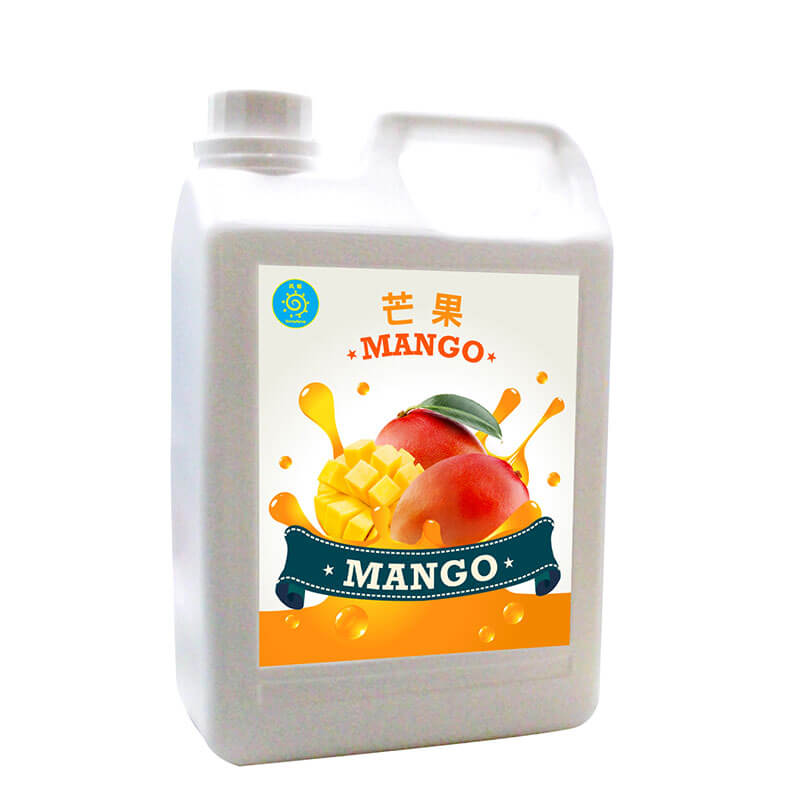
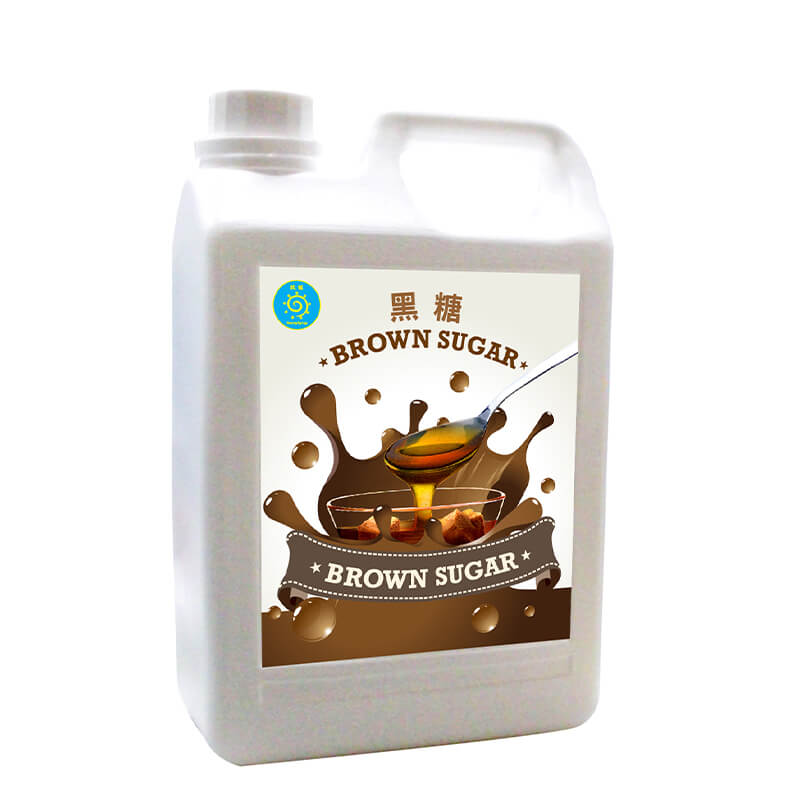
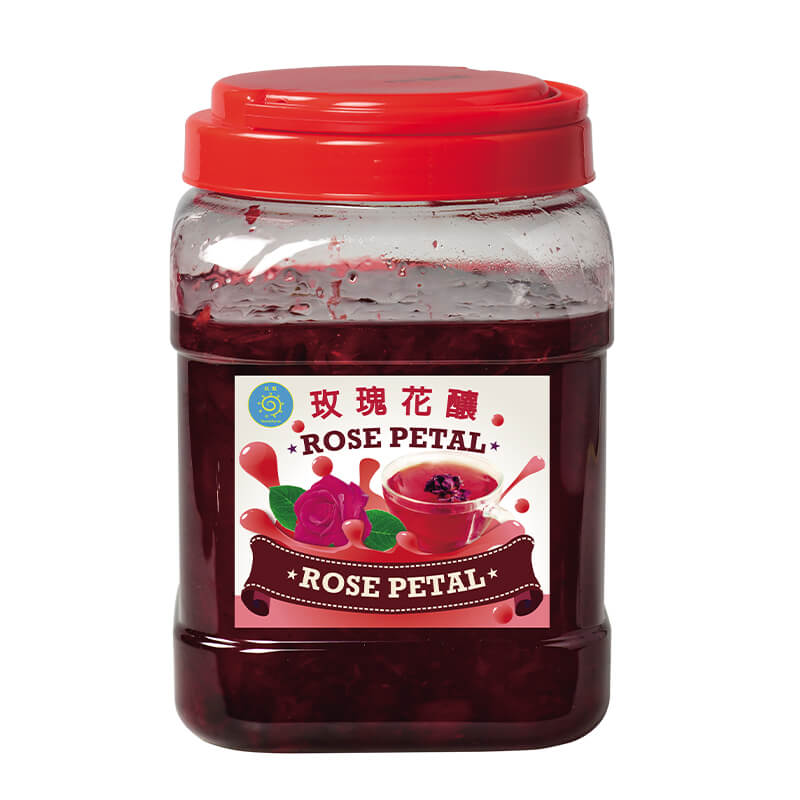
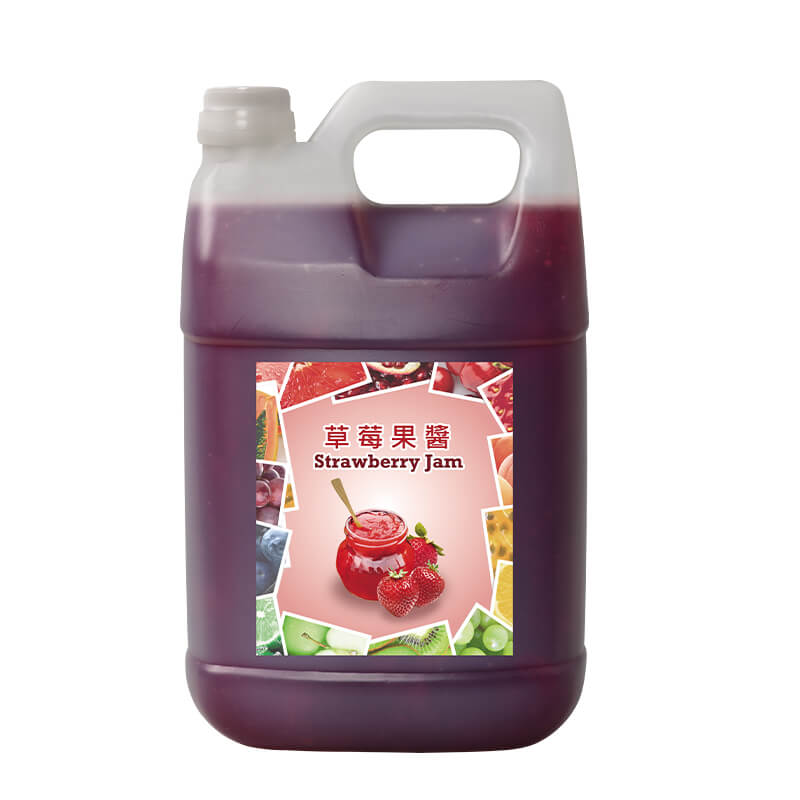
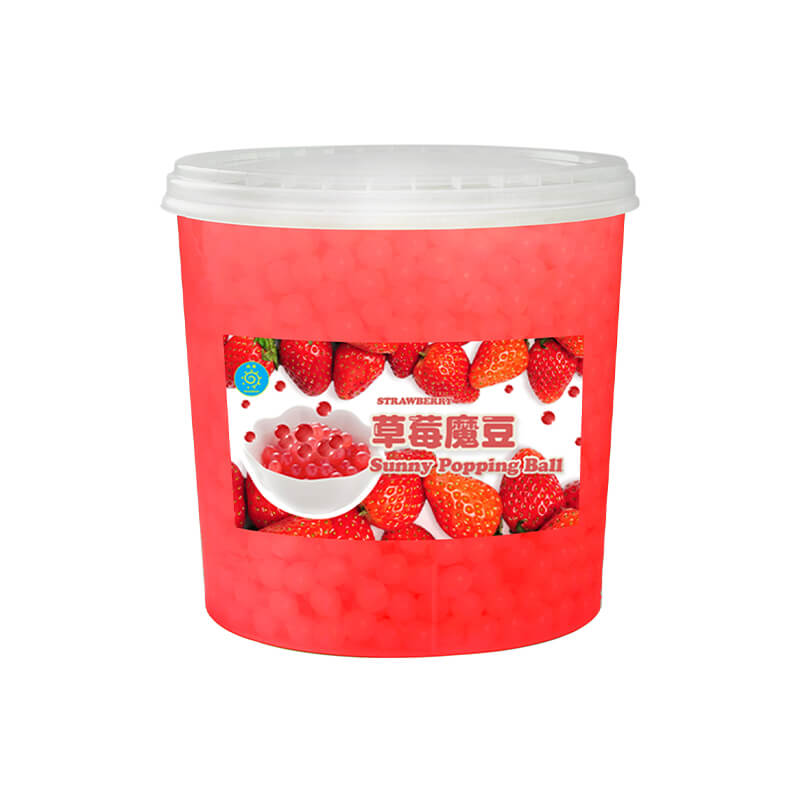
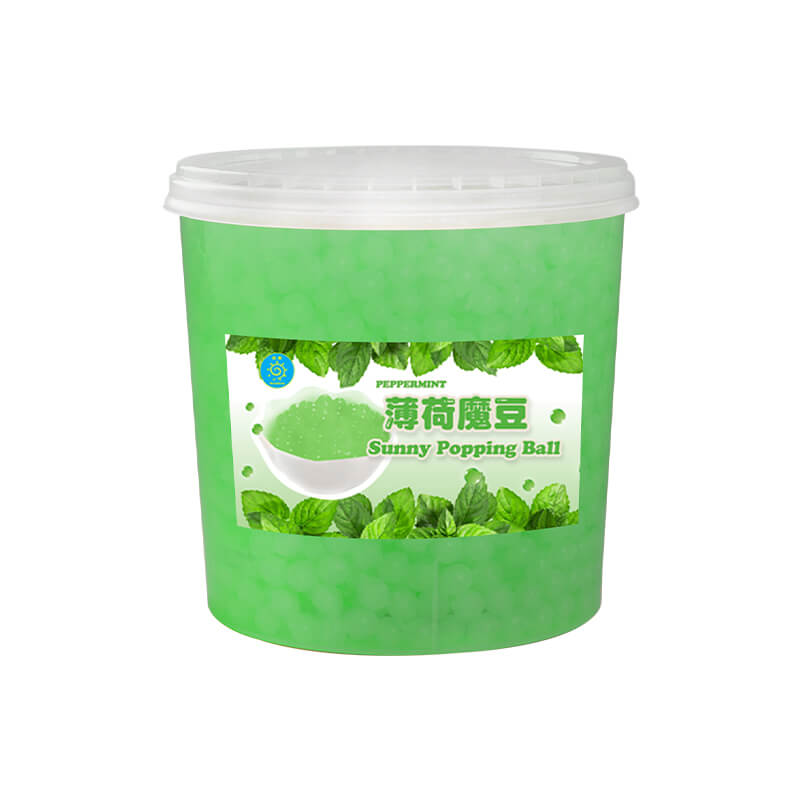
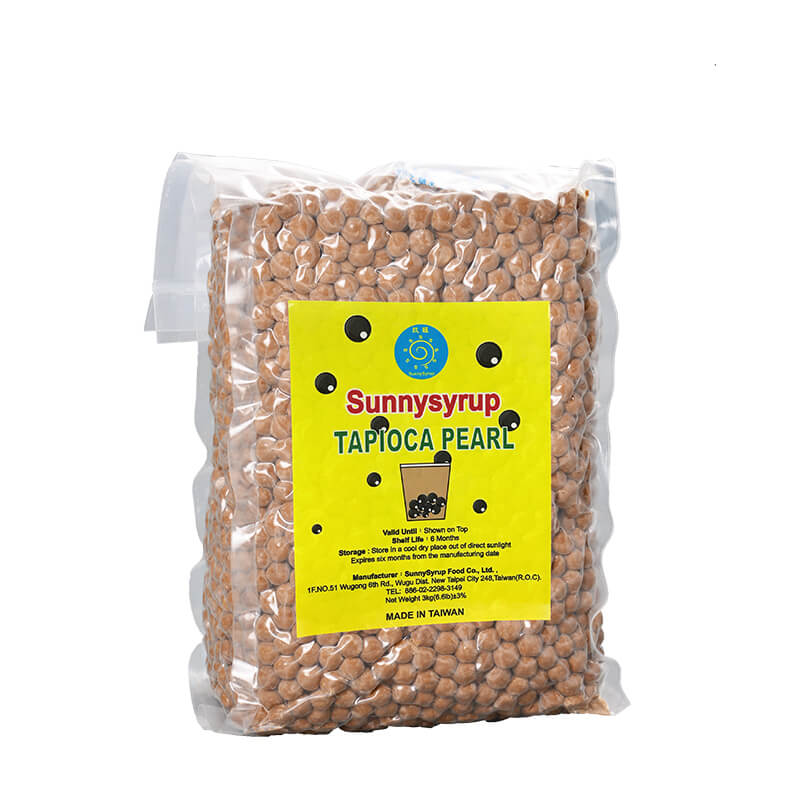
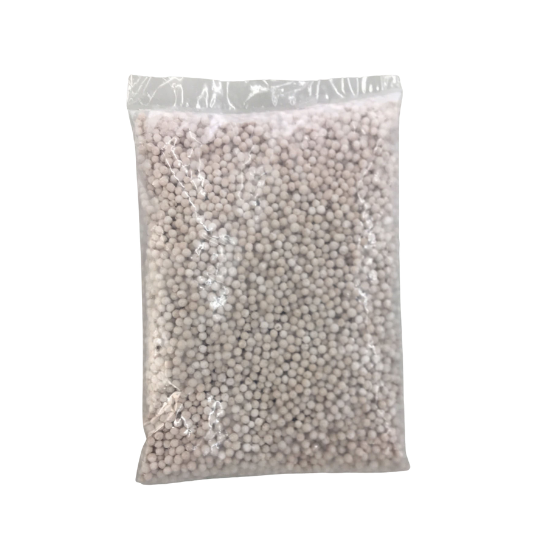
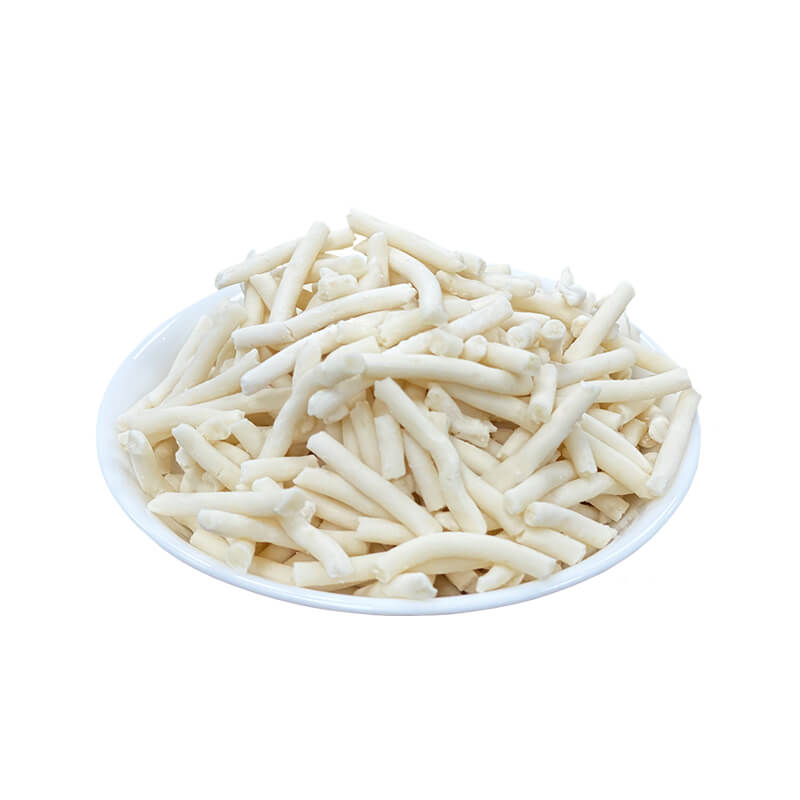
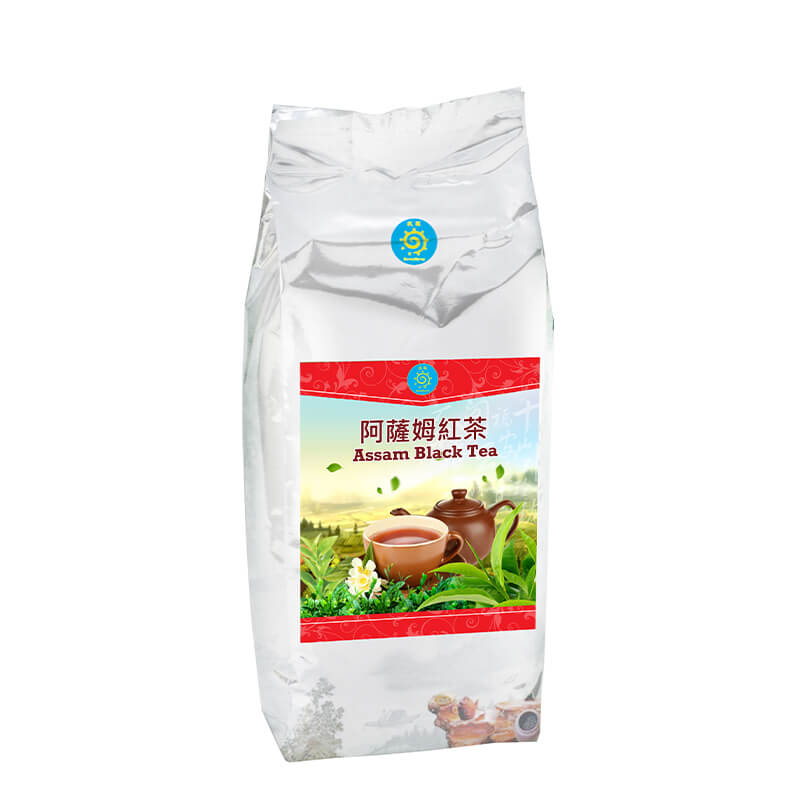
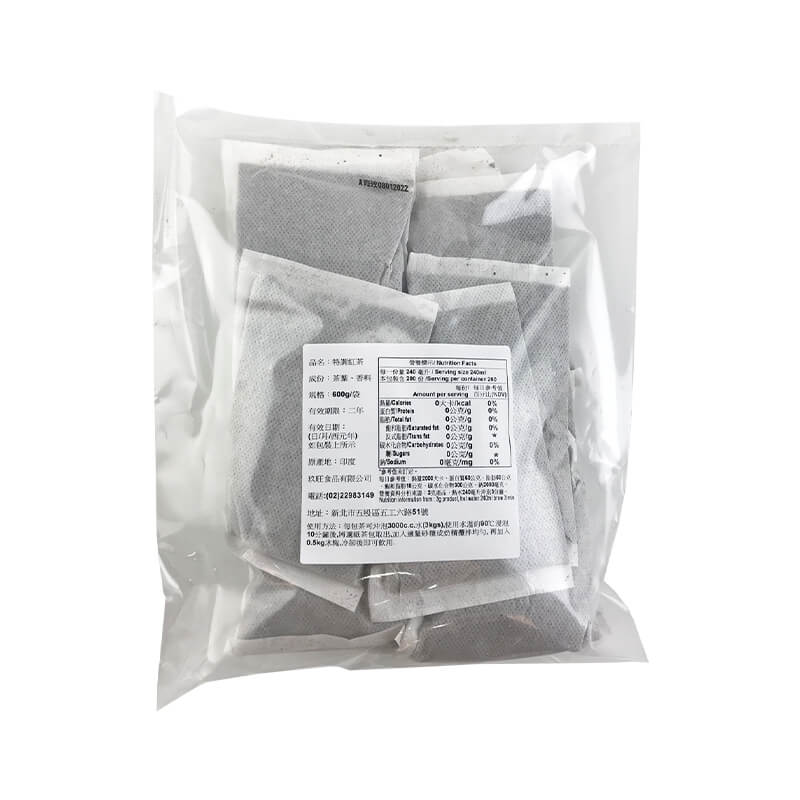
-1.jpg)
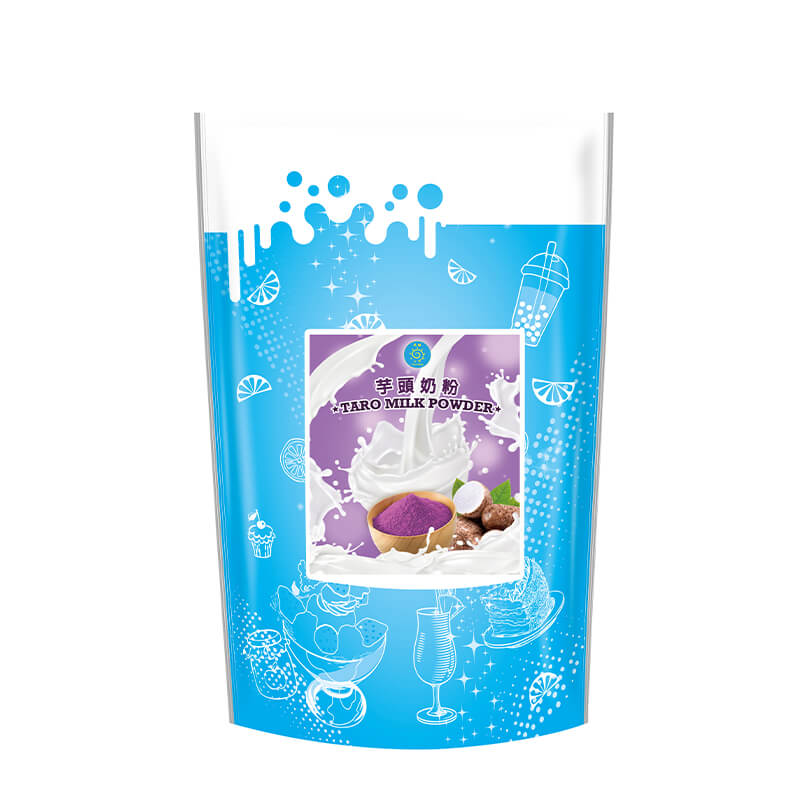
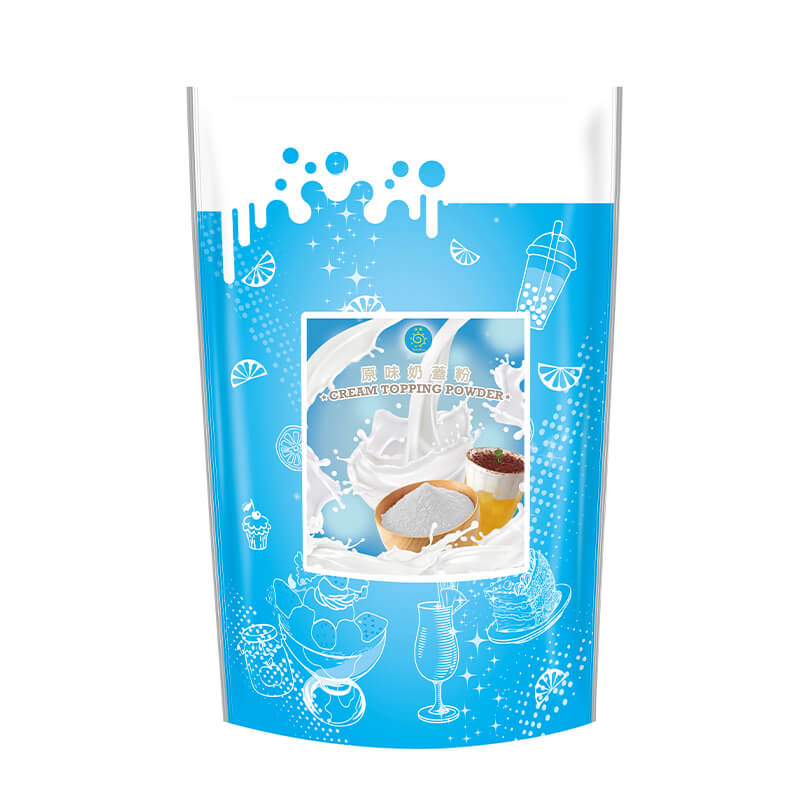
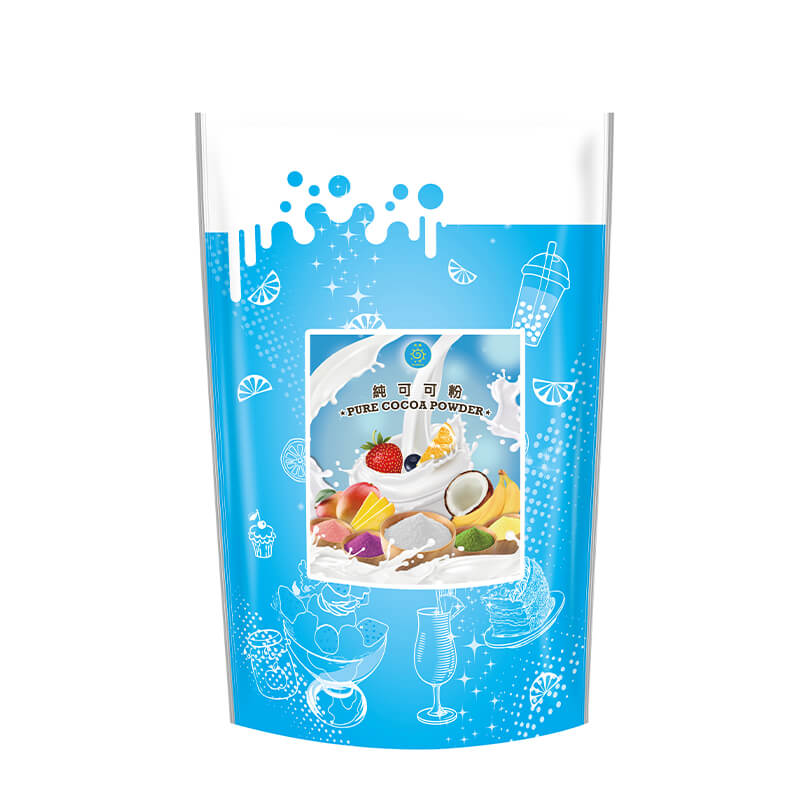
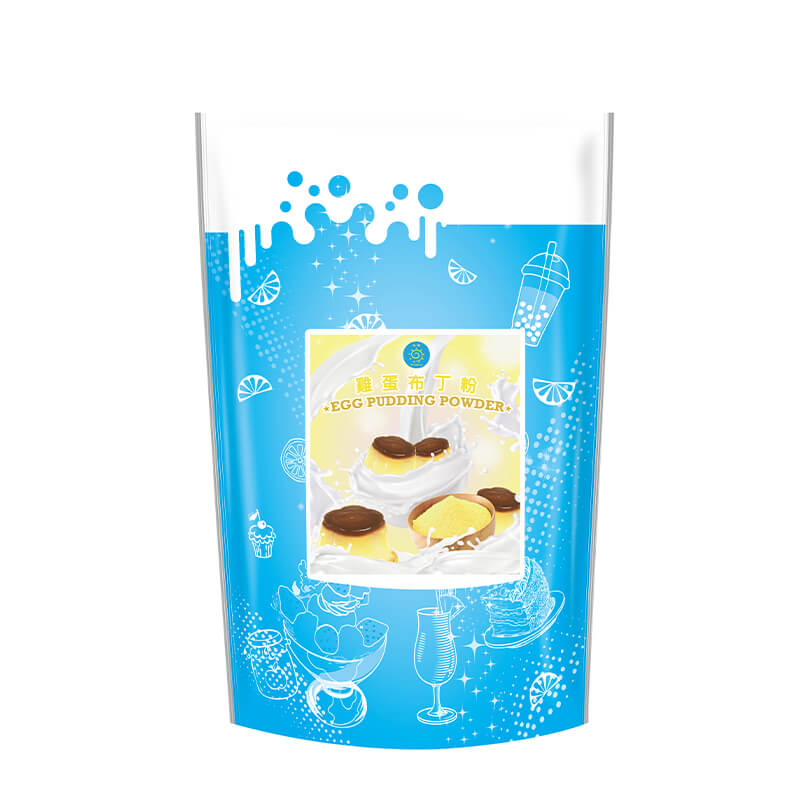
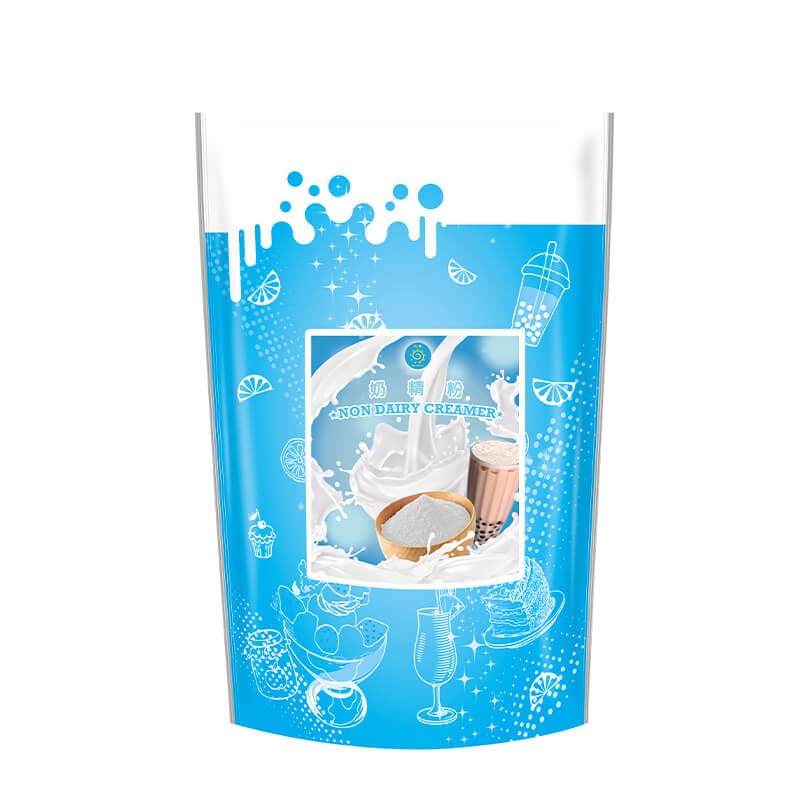
-1.jpg)
